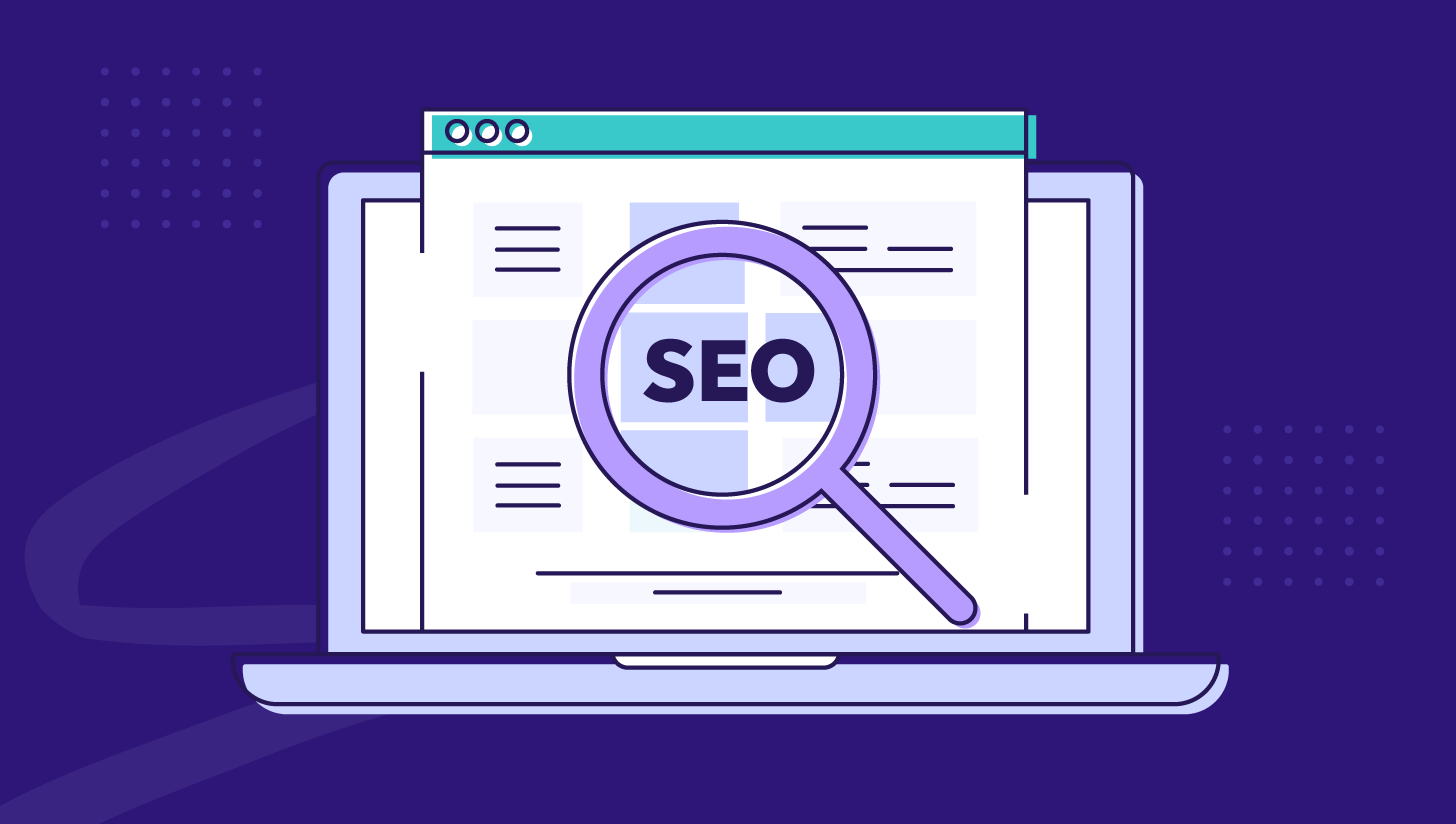

Search engine optimization (SEO) helps you reach your target audience by ranking for the specific search terms or key phrases they are using in search engine results to attract them to your website and other your other online messaging platforms.

But it's about much more than just using keywords in your blog posts and web page copy!
Your strategy must cover technical and non-technical SEO to help you achieve the best results. In this article, Brian Cauble, partner and head of SEM/SEO strategy at Spot On, shares his from-the-trenches insights on getting both types of SEO right.
Your audiences are bombarded by outreach from vendors every day. Healthcare SEO can help you cut through the clutter by ranking for topics they search for and are interested in so they see your content and develop trust with your brand.
Alternatively, prospects might have received communications from your sales team or heard about your solution. If they look you up on Google, can they find your company at the top of the search results page? Either way, appearing in relevant search results helps improve your credibility.
"The exposure and credibility will position your brand as the expert. It also helps your sales team get in the door to close the deal faster. Healthcare SEO brings in leads at the top of the funnel and accelerates the sales journey," says Cauble.
Technical SEO involves behind-the-scenes tactics. You must understand how search engine algorithms and bots read your site, determine ranking signals, and index your content. Non-technical SEO focuses on how your content and keywords interact with your site structure.
"A simple way to delineate the two is that technical SEO is for the robots (search engines), and non-technical SEO is for the human audience," says Cauble.
Despite the differences, they have shared goals: To help your site appear near the top of search engine results by ensuring that the algorithms can understand your website and the intention behind each type of content to rank it correctly.
"You need both technical and non-technical SEO to help Google understand what your site is about. You may write the best blog posts in the world, but if your site structure doesn't help Google understand your content, your ranking will suffer," says Cauble.
On-page SEO is about how you structure your content. It shows Google the topic (e.g., with your title or H1 tag) and the subtopics (e.g., with H2 and H3 tags.) It's like giving Google an outline to help it understand the content.
Meanwhile, off-page SEO has nothing to do with the content on your website. It's everything else you do to affect your ranking. These include backlinks, product reviews and ratings, social engagement or sharing, etc. These signals help Google gauge your online reputation.
A healthcare marketing firm has different experts working on these various aspects. For example, an SEO strategist helps you identify the topics and keywords to rank for, and content specialists take the research, turn the insights into blogs, and structure them according to on-page SEO best practices. Then, a different team will focus on the technical SEO and off-page optimization.
Google implements core updates a few times a year. They can dramatically affect your rankings and site traffic. For example, the EEAT update uses "expertise, experience, authority, and trust" as ranking criteria. The approach requires more focus on reviews, testimonials, and backlinks from high-authority sites.
"Sometimes Google provides guidance on the updates. But when it doesn't, we dig around and consult with our colleagues in the SEO industry to figure out what the changes are," says Cauble.
Traffic and rankings are lead indicators that demonstrate whether your SEO strategy is effective. "We dive deeper into metrics like cumulative rankings, number of top 10 rankings, and best ranking for a term to gain insights," says Cauble.
"If you used to rank top 10 and got dropped to 25, you're probably targeting an important term, and we need to dig deeper. If I see a significant decrease in traffic not caused by a seasonal reason, we'll investigate what's happening. It's important to monitor the little red flags before they become big ones."
Here are some possible issues that prevent Google from indexing your site properly and how to fix them:
"We use SEMRush to pull monthly reports to see what's trending. Is the traffic going up and to the right on pages? If you're publishing content, but your ranking isn't improving, you should look into your technical SEO," says Cauble.
Of course, SEO for healthcare isn't just about numbers. It should attract visitors who will convert — download content, sign up for a demo, contact you, etc. However, if you don't build ranking and drive traffic, you can't drive conversions.
Google changes its emphasis regularly, but sound marketing principles remain constant. Following best practices to create high-quality content for your ideal audience is the best way to stay relevant. You should build a solid foundation while paying attention to the latest algorithm changes. "We run reports and look at our clients' traffic and rankings every month to identify major shifts," says Cauble.
We expect many businesses to produce multiple blog posts using generative AI. “It’s an important tool for all marketers, and we are already experimenting with the best ways to use it for optimization,” Cauble says.
But in a sea of AI-generated content, it's more important than ever to differentiate your brand and strengthen your reputation with content that signals experience, expertise, authority, and trust (EEAT). Also, follow these SEO best practices to improve your ranking:
"Speak with healthcare technology marketing experts to learn about the process and craft a solid strategy. You don't have to spend a lot on healthcare digital marketing services, but it's important to understand the basics and manage all the moving pieces," says Cauble.
For example, you need a sound website strategy to ensure that the user flow is helping you drive conversions. It's not enough just to publish great content — what do you want visitors to do after reading your blogs? Do you have content to tell them about your brand and products? Do you have a mechanism to capture their information? A healthcare marketing firm can help you navigate these questions and tackle the complexities of technical SEO.
While SEO is complex, the foundation is simple: Follow good marketing practices to build trust and credibility by sharing high-quality content. You must also stay current with changes in the industry and hone your technical and non-technical SEO to ensure search engines recognize and reward your sound fundamental marketing strategy.
Here at Spot On, we help healthcare tech companies audit and develop their SEO strategies. Our holistic approach to healthcare technology marketing ensures all the moving pieces work together to support your business goals. Plus, we’ll work with you to design a plan that resonates with your target audience and nurtures leads to convert.
Schedule a time to chat with us to see how we can help you boost your ranking and drive conversions.


Our Account Strategist Madison loves being on the strategic side of marketing – seeing a good creative plan put into action makes her happy, as does developing relationships with our clients. A self-starter through and through, motivation and determination are themes in her career; she’s always trying something new, whether she’s listening to podcasts, redecorating her house or taking up running. Madison is our lifelong learner, our note-taker, and our platform expert, and in line with the rest of our animal-loving crew, she’s also mom to three crazy pets.
Get the latest and greatest posts sent straight to your inbox.


